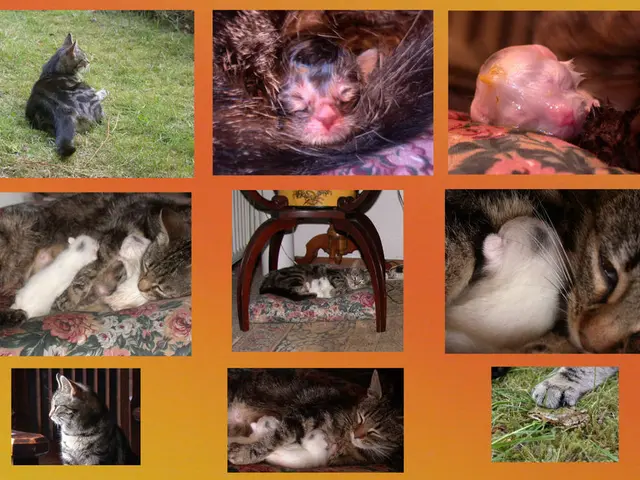Features of Pessimistic Individuals (Illustrated by Examples)
In today's world, it's not uncommon to encounter individuals who exude a negative aura, often bringing others down with their pessimistic outlook and critical demeanor. Understanding the characteristics of such individuals and learning how to manage them is crucial for maintaining a healthy and positive environment.
Negative people often display ten common traits, including constant complaining, pessimism, criticism, blaming others, lack of empathy, resistance to change, attention-seeking behavior, inconsistency, poor communication, and a tendency to exploit or manipulate. These traits align with certain problematic personality traits such as narcissism, histrionic, and antisocial tendencies, which exhibit grandiosity, attention-seeking, lack of empathy, and manipulative behaviors.
According to recent studies, low self-esteem and social anxiety are other reasons behind the negativity bias. Negative people may have low self-esteem and be critical of themselves as well, extending their criticism to others and never seeing the good in people. This negativity bias can lead to underestimating the probability of favorable results, causing feelings of anxiety, fear, and pessimism.
Negative people hold grudges and have difficulty practicing forgiveness, which can make interactions with them challenging and emotionally draining. They may not have a lot of support around them due to their attitude, and it's important to limit contact with them to preserve your own well-being.
Managing negative individuals requires a strategic approach. Setting boundaries is essential to protect your emotional space from negativity. Staying calm and composed is also crucial, using techniques like deep breathing or counting to ten before responding to avoid escalating conflict. Addressing behaviors directly, encouraging accountability, providing structure and clarity, and promoting positive interaction are all effective strategies for managing negative people.
When dealing with persistently negative people, it's essential to limit exposure to them. Reinforcing positive behavior when it occurs and avoiding feeding into negative cycles is also crucial. In extreme cases, such as with narcissistic or antisocial traits, professional help may be necessary.
In summary, understanding these ten traits helps identify negative behaviors, and managing them requires a combination of firmness, empathy, clear communication, and, when needed, professional intervention. It's important to focus on positive relationships and limit contact with negative people to maintain a healthy and positive environment.
1) Incorporating self-care routines and prioritizing personal growth, including education and self-development, can help individuals develop resilience and positivity, countering the influence of negative people.2) By understanding the science behind mental health and happiness, we can recognize the impact of negative thinking patterns on our overall well-being, leading to better decision-making and more effective self-care strategies.3) Mental health is a crucial aspect of health-and-wellness, and it's important to remember that being around negative people can negatively affect our own mental health, prompting a need for self-care and lifestyle modifications.4) Positivity in relationships plays a significant role in our happiness and overall well-being. By avoiding or limiting interactions with overly negative individuals, we make space for more fulfilling relationships based on mutual respect, understanding, and emotional support.5) Encouraging open communication and empathy within relationships can create a more positive environment, helping us navigate difficult conversations with negative individuals and fostering a more supportive and understanding bond.




